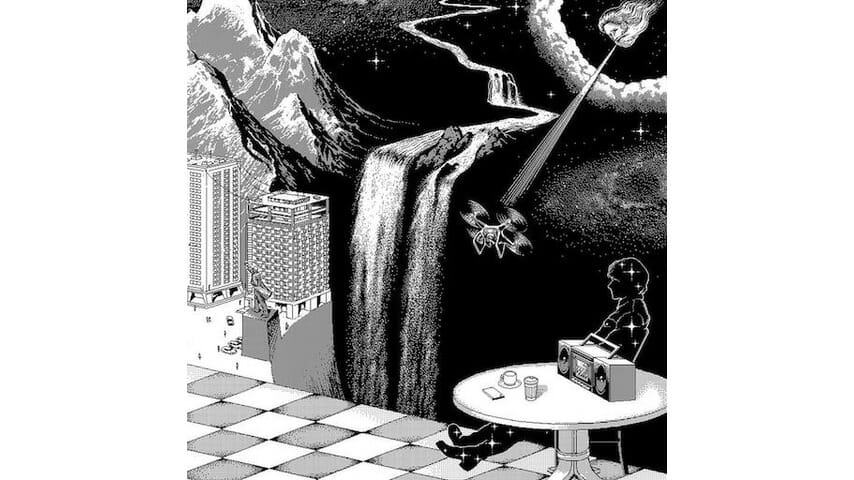Gruff Rhys: Babelsberg

When last we heard from Gruff Rhys, in 2016, the Welsh singer and Super Furry Animals frontman was gently encouraging his fellow Britons to vote against Brexit with the song “I Love EU.” That didn’t turn out so well, but Rhys was working on some other music, too: he recorded the 10 tracks on his new solo album, Babelsberg, around the same time, and then shelved them for 18 months until the composer Stephen McNeff could write scores and record them with the 72-piece BBC National Orchestra of Wales.
-

-

-

-

-

-

-

-

-

-

-

-

-

-

-

-

-

-

-

-

-

-

-

-

-

-

-

-

-

-

-

-

-

-

-

-

-

-

-

-








































